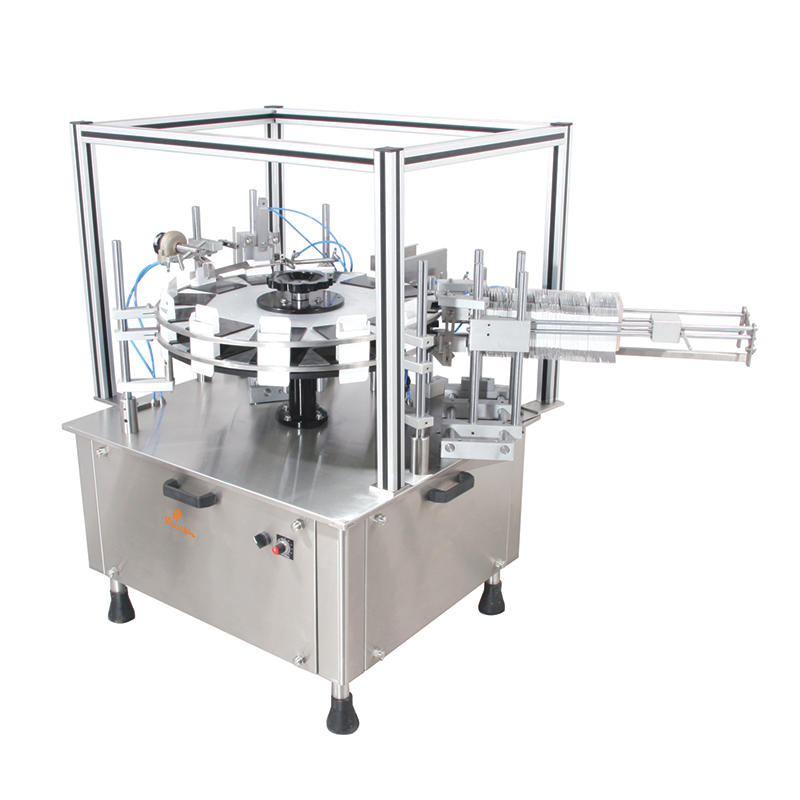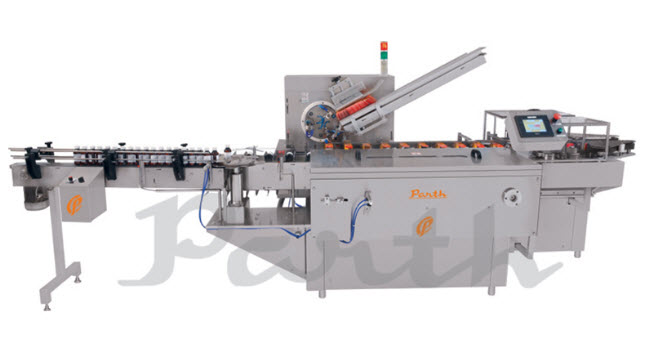As global manufacturing expands beyond traditional hubs, Africa and the Middle East are rapidly becoming significant players in industrial automation. In particular, the demand for cartoning machines-both semi automatic and fully automatic models-is rising due to the growth of pharmaceutical, food and beverage, cosmetic and personal care industries across these regions. This evolution brings both opportunity and transformation in how packaging is approached and optimized.
Countries like Nigeria, Egypt, Kenya, the UAE and Saudi Arabia are now looking toward modern cartoning machine solutions to boost packaging efficiency, reduce manual labor and meet international quality standards. With manufacturing on the rise, the interest in systems such as automatic cartoning machines, horizontal continuous cartoning machines and vial cartoning machines is set to surge.
This article explores the emerging trends in these regions, focusing on growing market needs, technological preferences and the types of machinery gaining traction.
Drivers of Cartoning Machine Demand in Africa
African economies, particularly those in Nigeria, South Africa, Kenya and Egypt, are undergoing industrial expansion, with localized production taking precedence. Government incentives and growing middle-class demand for consumer products have made packaging automation a key focus.
Factors influencing growth:
- Expansion of pharmaceutical manufacturing, especially in Nigeria and Egypt.
- Development of food processing industries requiring efficient secondary packaging.
- Need for cost reduction and output consistency in factories.
Key Demand:
- Semi automatic cartoning machines popular in small and mid-scale setups due to their lower investment cost and flexibility in handling a wide range of SKUs.
- Vial cartoning machines are increasingly used in local pharma facilities for efficient and precise packaging of injectable medications.

Middle East’s Push Toward Automated Cartoning Lines
In contrast to Africa, countries in the Middle East-such as the UAE, Saudi Arabia and Qatar-are investing more heavily in fully automated cartoning machines to support their advanced manufacturing initiatives and compliance with international GMP norms.
Market characteristics:
- Preference for automatic horizontal cartoning machines for high-speed production lines.
- Integration of bottle feeding provisions and robotic handling.
- Strong demand in personal care and pharmaceutical sectors.
Saudi Arabia's Vision 2030 and the UAE's industrial strategy are pushing for increased local manufacturing capabilities. In this context, packaging automation plays a central role.
Adoption of Semi Automatic Cartoning Machines in Small-Scale Manufacturing
For many African cities such as Nairobi, Accra and Dar es Salaam, fully automated lines may still be financially out of reach. Here, semi automatic cartoning machines offer a viable bridge between manual labor and full automation.
Why they work?
- Affordable initial investment.
- Requires minimal operator training.
- Supports varying product sizes and packaging formats.
These machines are especially favored by startups and SMEs who need scalable solutions with short return-on-investment cycles. The flexibility and reliability of semi-automatic systems are key to building confidence in automation for first-time users.

Application-specific needs:
- High-precision handling of fragile ampoules and vials.
- Integration with track-and-trace systems.
- Compact design for space-constrained facilities.
With medical infrastructure growing rapidly across Africa and the Middle East, pharmaceutical companies are among the earliest adopters of advanced cartoning machines. There's a rising preference for vial cartoning machines that offer clean, accurate and sterile packaging environments.









